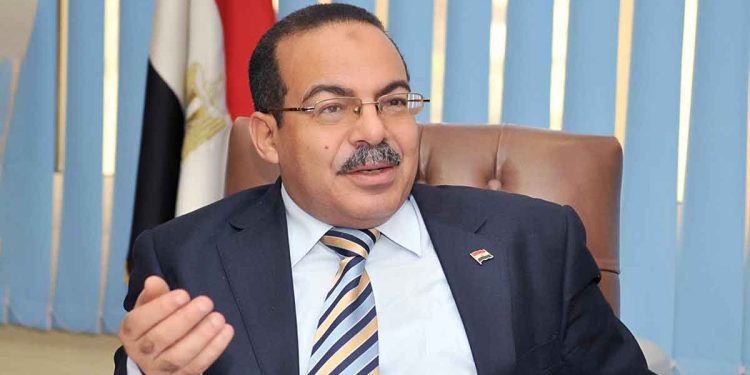The Egyptian authorities have intensified their legal campaign against prominent politician and opposition figure Yehia Hussein Abdel Hadi. On Tuesday, the Supreme State Security Prosecution brought a new set of politically motivated charges against him in case no. 3916 of 2024 (Supreme State Security Case), coinciding with his continued pretrial detention in the 10th of Ramadan Prison.
The charges levelled against Abdel Hadi include: joining a terrorist group, spreading false news, financing terrorism, incitement to commit terrorist acts, and misuse of social media platforms; charges that have become standard in opinion-related cases in Egypt in recent years.
The prosecution expanded the list of accusations to include “inciting the use of force and violence against state institutions, promoting a terrorist crime, and using the internet to commit a terrorist offence,” according to the official investigation records.
Abdel Hadi was confronted by the prosecution with his articles and social media posts, particularly those on his personal Facebook page, which were presented as evidence of “incitement” and “spreading rumours.” However, he stood by everything he had written, telling the investigator: “Every word I wrote on my account I am proud of and honoured by”, a stance that reflects his steadfast adherence to his beliefs despite the pressures of trial and imprisonment.
This escalation followed a troubling disappearance, when Abdel Hadi vanished suddenly from a street in Cairo while on his way to attend a political seminar. He later reappeared at the headquarters of the State Security Prosecution in Fifth Settlement, where he was interrogated and placed in pretrial detention without his family or lawyer being granted access during the initial hours of his detention.
Background to the case suggests that a key trigger for the authorities’ action was an article he wrote entitled “How Long Will the Army Remain Silent?” , in which he directly criticised the military’s involvement in public affairs and called for its return to its constitutional and professional role, away from politics and the economy. This was perceived as crossing a red line within Egypt’s current political climate.
Yehia Hussein Abdel Hadi is considered one of the most prominent figures in Egypt’s civilian opposition. He is known for his principled stance against the closure of public space and his repeated calls for political dialogue and a return to the rule of law. He also played a key role in exposing sensitive corruption cases during his time in government service, which placed him in long-standing conflict with the executive authority and its security apparatus.
His detention and prosecution over his writings reflect a deeply troubling trend towards the criminalisation of expression in Egypt, where counter-terrorism legislation is increasingly used to suppress free speech and silence independent voices, in direct contradiction to the basic principles of justice, which demand a clear distinction between peaceful expression and incitement to violence.
The continued detention of Abdel Hadi, a man over sixty years of age enduring harsh imprisonment conditions, raises serious concerns about his physical and mental wellbeing. It also casts further doubt on the state’s commitment to upholding its citizens’ fundamental rights, including the right to liberty, a fair trial, and human dignity.


























